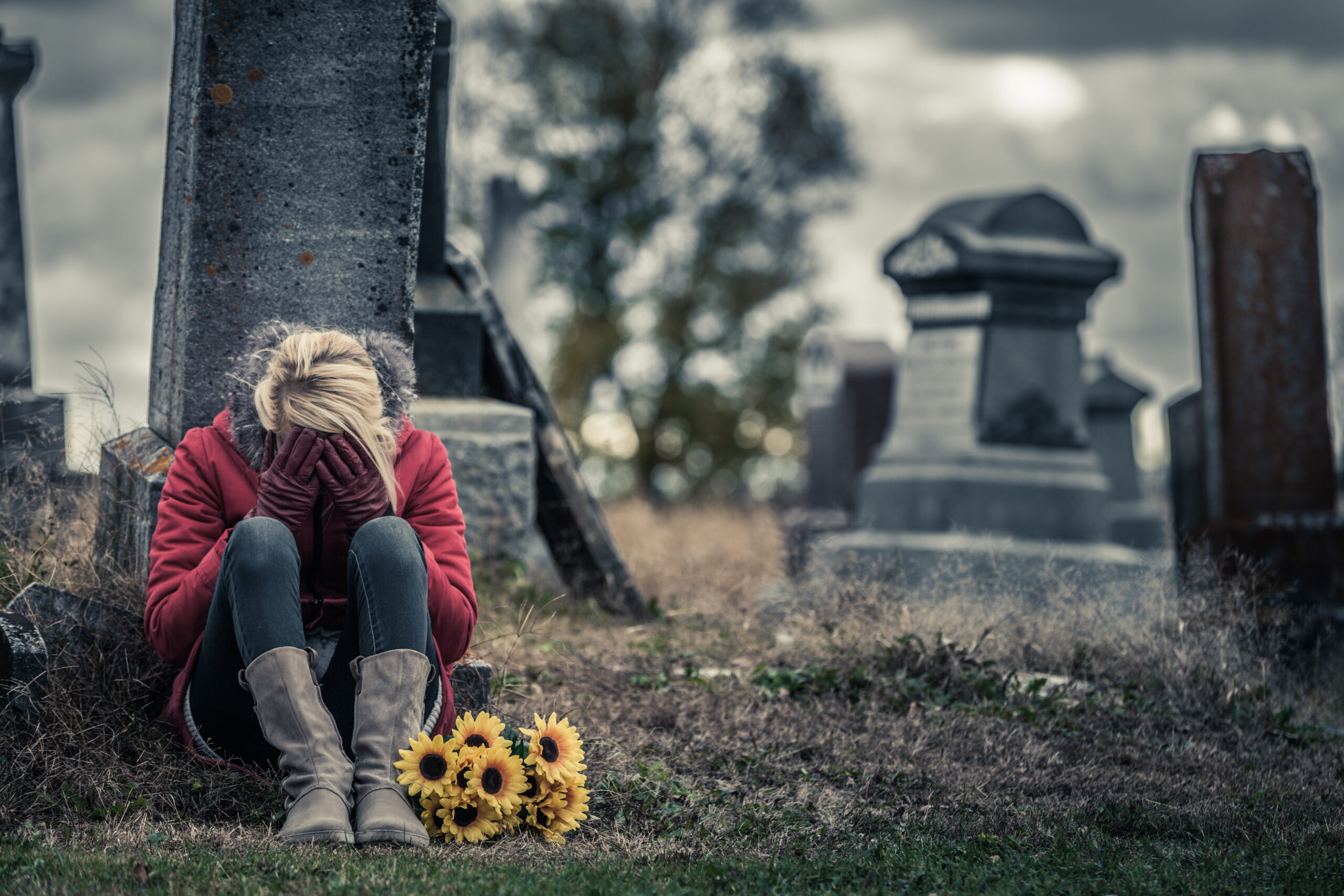Grief is a complex and deeply personal experience that everyone will face at some point in their lives. Whether it’s due to the loss of a loved one, the end of a relationship, or another significant life change, grief can affect us emotionally, physically, and mentally. At PMHC in Philadelphia, we help individuals navigate the challenges of grief and understand the stages involved. While grief doesn’t follow a strict timeline, there are commonly recognized stages that people may experience as they process their loss.
The 5 Stages of Grief
The stages of grief, originally outlined by psychiatrist Elisabeth Kübler-Ross, provide a framework for understanding the different emotional responses people often go through after a loss. These stages are not necessarily experienced in a linear order, and not everyone will go through all of them. However, they can offer insight into the process of healing. The five stages are:
- Denial
The first stage of grief is often denial. When we experience a loss, it can be difficult to accept the reality of what has happened. Denial serves as a protective mechanism, allowing us to process the shock at our own pace. During this stage, people may feel numb, in disbelief, or detached from their emotions. For example, someone might continue to act as if nothing has changed, refusing to acknowledge the loss fully. - Anger
Once the reality of the situation sets in, it’s common to feel anger. This anger can be directed at oneself, others, or even the person who has passed away. Feelings of anger may arise as individuals question the fairness of the situation, asking, “Why did this happen?” or “Who is to blame?” At this stage, emotions are often raw, and it can be difficult to control feelings of frustration or resentment. - Bargaining
Bargaining is a stage where individuals may try to regain a sense of control over the situation. They may start making “deals” with themselves or a higher power, hoping to reverse or lessen the impact of the loss. This stage is often characterized by thoughts such as, “If only I had done something differently,” or “I promise to change if things go back to the way they were.” Bargaining is an attempt to find a way to cope with the helplessness that often accompanies grief. - Depression
The depression stage is where the weight of the loss can feel overwhelming. During this time, individuals may experience profound sadness, loneliness, and despair. It’s common to withdraw from others, lose interest in activities, and feel a deep sense of emptiness. This stage can be particularly difficult to navigate, as it may feel like the grief will never end. However, it is also an important part of the healing process, as it allows individuals to fully acknowledge the extent of their loss. - Acceptance
The final stage of grief is acceptance. This doesn’t mean that the individual is “over” the loss, but rather that they have come to terms with it. Acceptance involves recognizing that life will be different moving forward, and while the pain of the loss may remain, it no longer dominates every aspect of life. During this stage, individuals may begin to find peace and even start to reintegrate into their daily routines.
Healing Through Grief
Grief is a unique experience, and everyone processes it differently. It’s important to understand that there is no “right” way to grieve, and it’s okay to feel a range of emotions, even if they don’t seem to follow a clear path. At PMHC, we offer support through therapy, counseling, and resources for individuals experiencing grief, helping them navigate their personal journey at their own pace.
Grieving is a deeply personal process that can take time. Understanding the stages of grief can help individuals make sense of their emotions and realize that what they are feeling is a normal part of healing. If you or someone you know is struggling with grief, reach out to PMHC in Philadelphia for support.
Contact PMHC today to learn more about our grief counseling services and how we can help you on your journey to healing.

